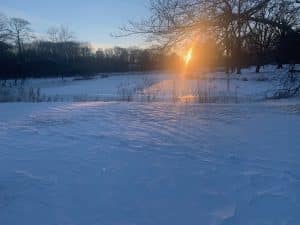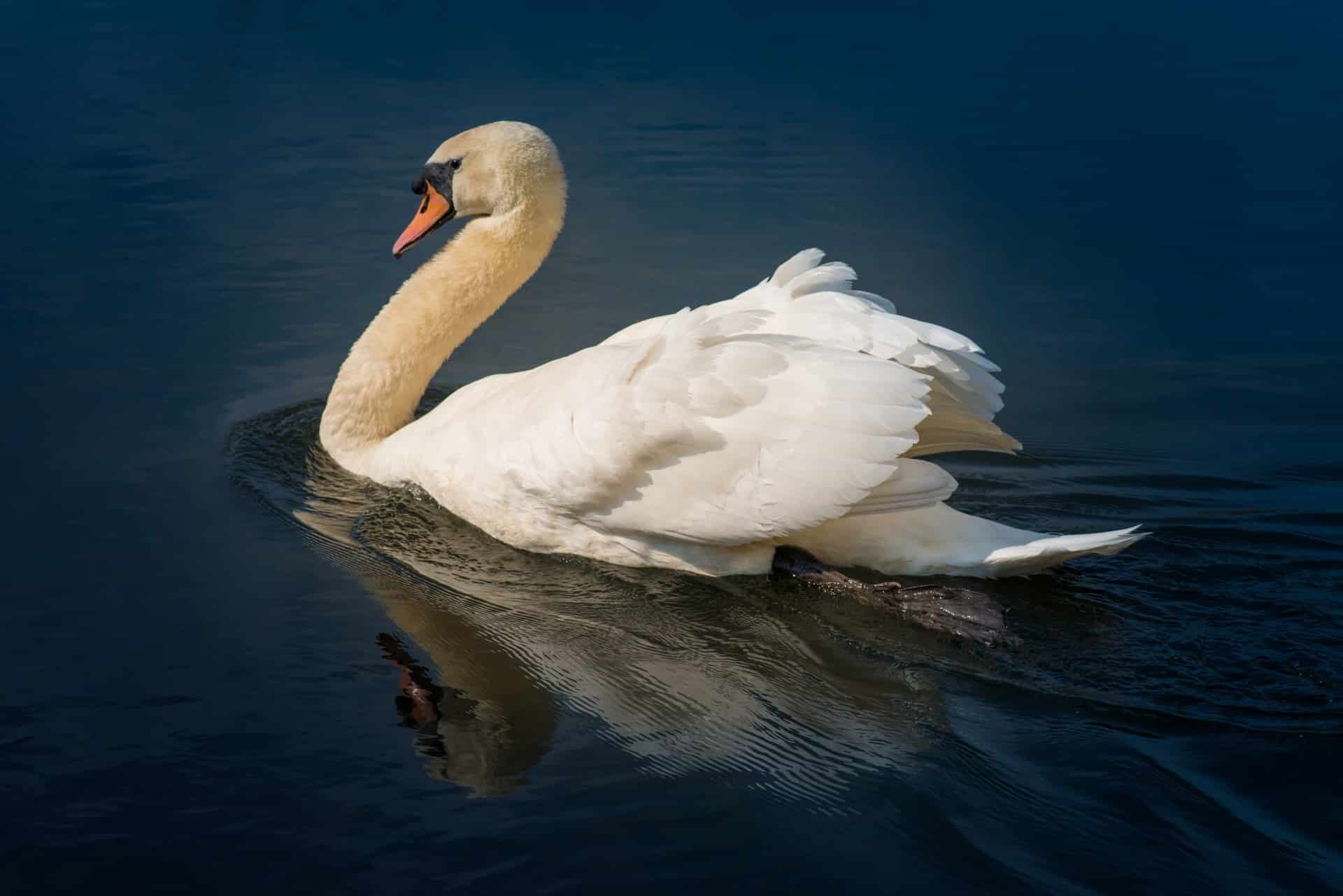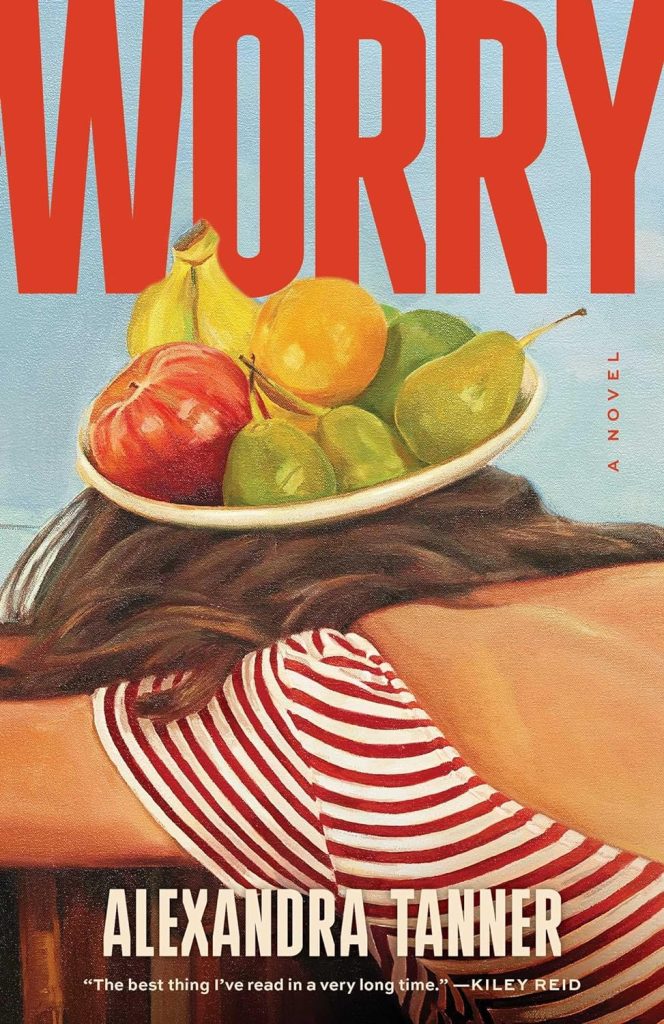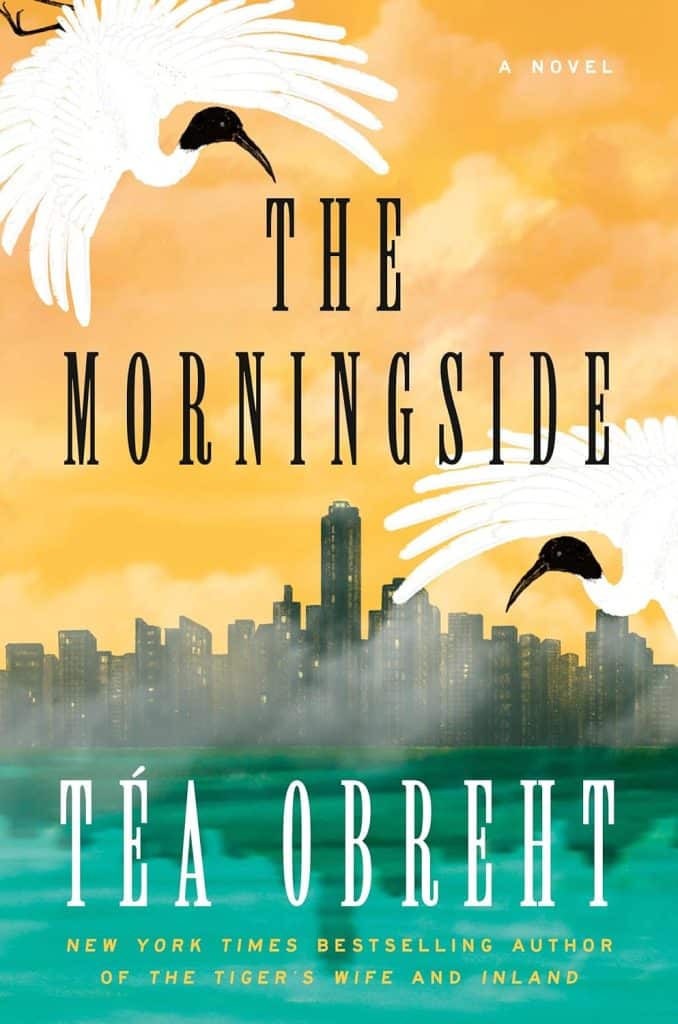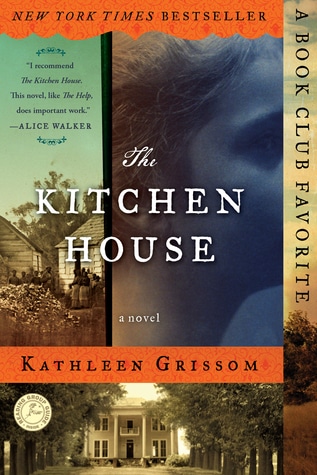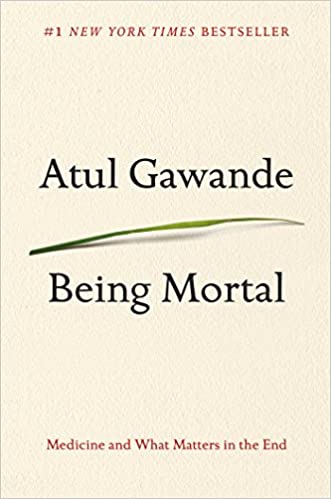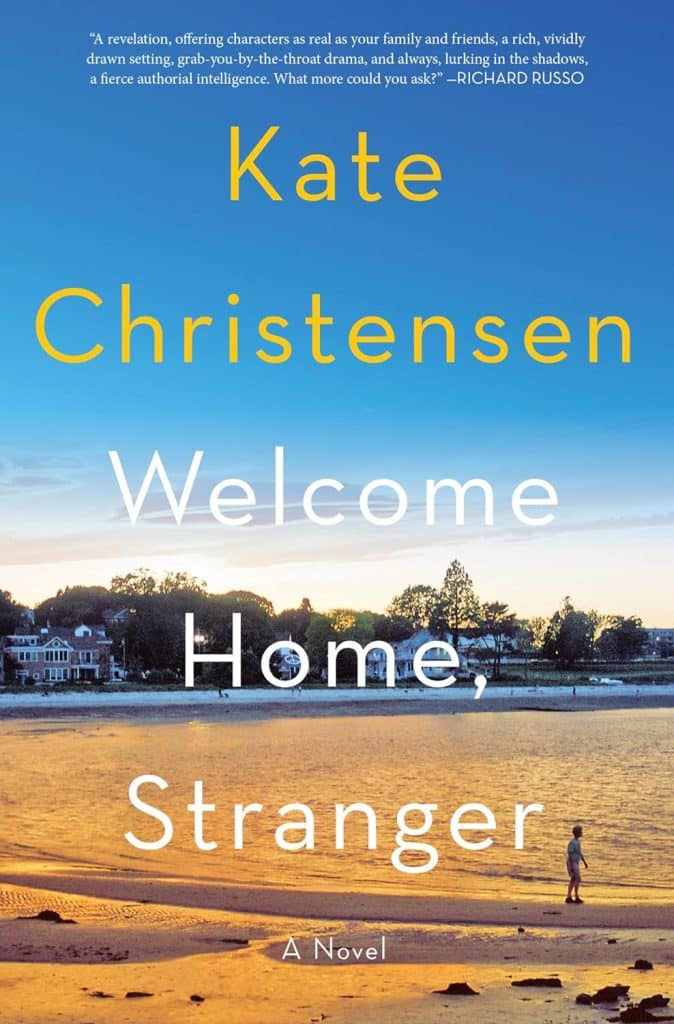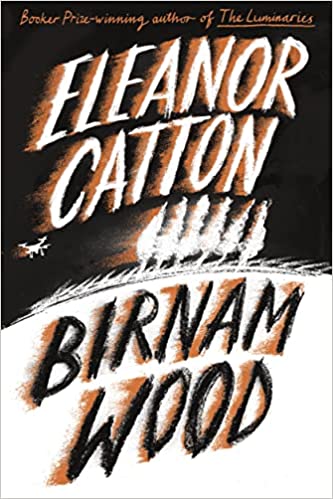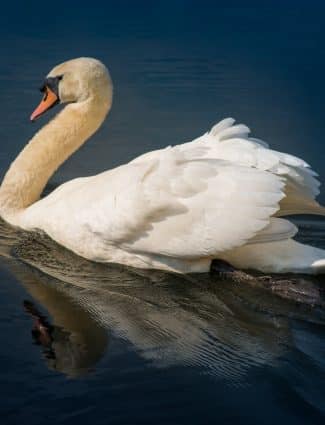
The Swan Lady of Nomahegan Lake
Estimated reading time: 1 minute, 8 secondsThe hammer hitting the ice could be heard before I could see the frozen lake.
Walking past the woman standing on the ice, it was not immediately clear what she was doing.
When she crosses the footbridge, it becomes clear that she is opening a hole in the ice and feeding the Swans of Nomahegan Lake.
Two days later, I heard a rat-a-tat of a winter rescue ladder breaking the ice.
Slowing my pace, two fellow walkers ask me, “Do you know what she is doing?”
I want to explain what I have discerned since I have not spoken more than I have a good day with the Swan woman.
The two walkers respond in unison, “She is saving our Swan!
I nod in agreement and note that I should redouble my mensch-in-training efforts as I now have a real-life example of a mensch.
The Jan Lilien Education Fund sponsors ongoing sustainability and environmental awareness programs. Gifts made this month; I will match dollar-for-dollar. All donations are tax-deductible.
I receive a commission when you buy a book or product using a link on this page. Thank you for supporting Sharing Jan’s Love blog.


